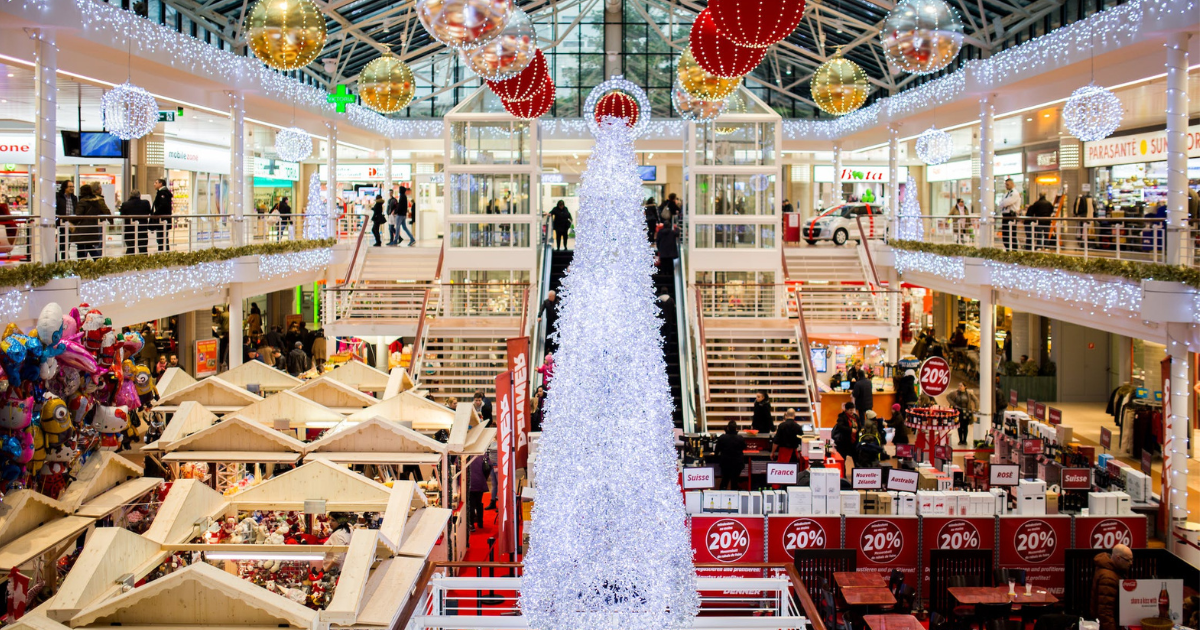
Sluggish Toys Sales Expected for the Holidays
With the holidays on the horizon, retailers are preparing for what could be a sluggish season for toys.
Mattel and Hasbro released earnings last week, with both companies forecasting a mid-single digit percent decline in industrywide sales this year. That would mark a further decrease from the low single-digit drop forecasted earlier this year. These expectations follow strong toy sales from 2020-2022.
The downturn in sales is largely tied to inflation and high interest rates, which have resulted in tighter consumer spending, company executives said.
Despite this anticipated slowdown, Mattel reported a 9% increase in Q3 revenue ($1.9 billion). That growth was driven in part by the Barbie movie, which in addition to ticket sales has contributed to purchases of licensed items as well as overall sales of Barbie products.
Hasbro reported a 10% decline in revenue ($1.5 billion), including 18% in the toy business ($956.9 million) that was offset by a 40% gain in Wizards of the Coast ($423.6 million). Hasbro also posted a $171-million net loss in Q3 after taking a $473-million write off on the $500-million sale of its eOne television and film business to Lionsgate.
One thing that both companies agreed upon, however, is that retailers are still selling off excess inventory. And that is despite both companies reporting a double-digit decline in their inventory levels (Mattel is down 34% and Hasbro is down 27%). In fact, Hasbro reported the inventory sell-off would likely lower year-end revenue by $50 million and, as a result, forecasted a 13-15% decline in year-end revenue.
“We’ve been seeing headwinds in the toy category year-to-date and we’re expecting a relatively unpredictable market going into Q4,” Hasbro CEO Chris Cocks said. “But consider us long-term bulls on toys. We see this market going back to kind of the historical growth rate of 2% to 3% with a very high demand for play.”
Consumers will likely return to historical shopping patterns this year by making purchases closer to the holidays, Mattel’s CEO Ynon Kreiz said. With that in mind, sales will likely accelerate as Q4 progresses, according to Mattel CFO Anthony DiSilvestro.
Mattel itself is predicting a double-digit increase in Q4 revenue as it continues to benefit from the Barbie movie. In Q3, Mattel’s gross margin rose 2.8% to 51%, 1.7% of which was tied to the Barbie film business, company executives said. Mattel has posted a 6.7% year-to-date gain in market share in the dolls category in Q3, according to Kreiz. Additionally, Barbie sales jumped 14% in Q3, with Mattel’s overall dolls revenue up 24%.
Both companies are expected to benefit from their continued expansion in films and gaming, which will likely lessen dependence on seasonal sales.
Mattel, for example, will launch the Hot Wheels Lets Race series on Netflix in the spring and licensee Gamefam introduced a Barbie Dreamhouse Tycoon game on Roblox. It also has a Hot Wheels movie in development with director JJ Abrams’ Bad Robot production company and Warner Bros., which is expected to be released in 2025.
And Hasbro expects to generate a combined $90 million in revenue from mobile titles with licensees Larian Studios (Baldur’s Gate 3) and Scopely (Monopoly Go), according to CFO Gina Goetter. Hasbro also has 30 film-related projects in development, including Transformers One with Paramount (set to release in September 2024) and a Magic the Gathering series with Netflix, the release of which has been delayed. Sales of the co-branded Magic the Gathering/Lord of the Rings booster pack card game have topped $200 million since its release on June 23.
Even as Mattel and Hasbro continue to expand beyond the toy box, retailers remain cautious in placing purchase orders, licensing industry executives said.
“October is still a very busy month and generally the warehouse will be a week or two behind in shipping, but right now we are getting an order and it is going out that day or the next one,” said Boston America CEO Matthew Kavet, whose company sells licensed candy tins and energy drinks through retailers like Five Below and Hot Topic. “I think retailers are buying on an as-needed basis. With smaller retailers we are getting in a handful of orders a day, where normally that would be much higher this time of year and that’s because [the smaller retailers] are just starting to think about Christmas.”

















